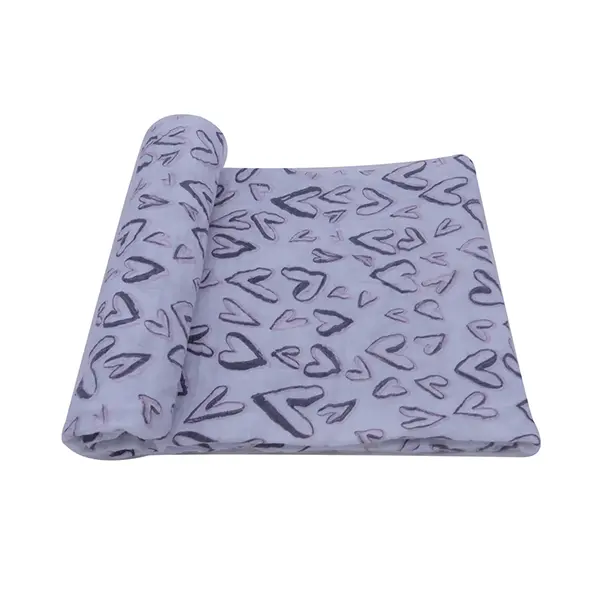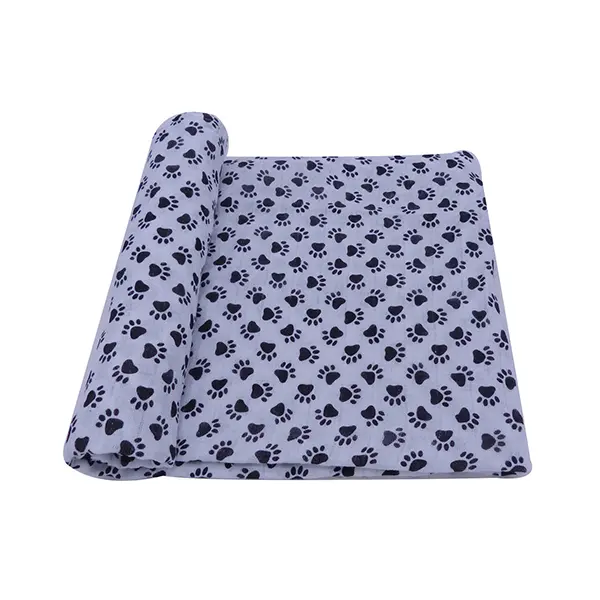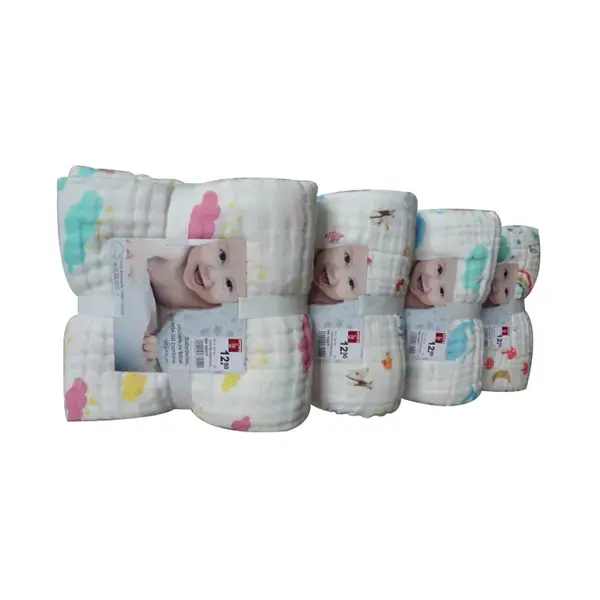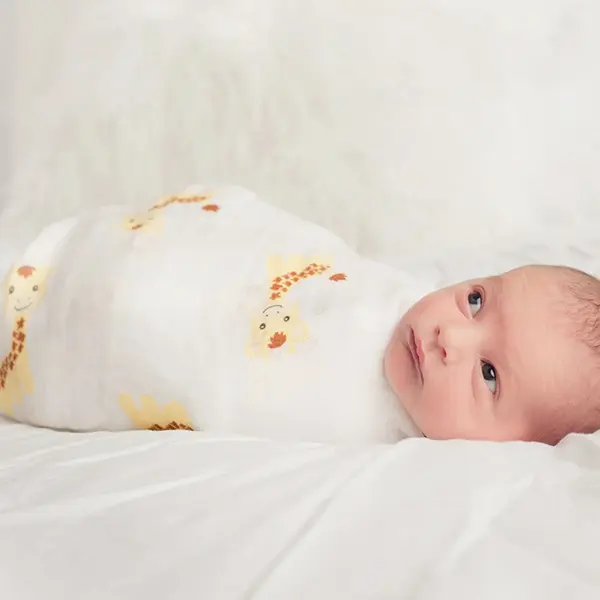Breathable Muslin Sleep Sack: Safe & Comfy for Baby's Sleep
As the premier global platform for home and contract textiles, Heimtextil in Frankfurt serves as an unparalleled epicenter where innovation meets commerce. Each year, it draws a formidable array of exhibitors from across the globe, all keenly showcasing their latest home textile collections, seeking new international buyers, and strengthening existing partnerships. Beyond the transactional, Heimtextil is a vital crucible for exploring emerging market trends and spotlighting critical sustainable material innovations that are reshaping the industry. For B2B decision-makers in the bedding and children's textile sectors, particularly those focused on high-demand categories like bed sheet and duvet cover products and specialized Children's sleeping bag solutions, this event is more than just a trade fair—it’s a compass guiding future investment and strategic growth.
Industry Trend Spotlight: The Evolution of Home & Children's Textiles
The global home textile industry is undergoing a transformative period, driven by a confluence of consumer demand, technological advancements, and an urgent push towards environmental responsibility. At the forefront of this evolution is a strong emphasis on eco-friendly and recycled materials. Organic cotton, known for its softness and minimal environmental impact, continues to gain traction, especially in sensitive categories like baby products such as swaddle blankets organic cotton and muslin sleep sack designs. Recycled polyester offers a sustainable alternative for duvet covers and bedding sets, reducing textile waste and promoting a circular economy. Bamboo, celebrated for its natural antimicrobial properties and silky feel, is also seeing increased adoption, providing both comfort and sustainability.
Innovation extends beyond raw materials to smart textiles, which are integrating advanced functionalities into everyday fabrics. We're now seeing bed sheet and duvet cover sets designed with integrated temperature regulation, adapting to body heat to ensure optimal sleep comfort. Anti-microbial properties are becoming standard in children's sleeping bags and bedding, offering enhanced hygiene and peace of mind for parents and caregivers. These intelligent fabrics represent a significant leap forward, merging technology with tactile comfort.
Design aesthetics are also shifting, with a prevailing move towards minimalist and nature-inspired themes. Earthy tones, subtle textures, and simple patterns are preferred, reflecting a desire for tranquility and connection to the natural world within the home. Customization through digital printing technology allows manufacturers to offer bespoke designs, enabling buyers to cater to niche markets or create unique collections without extensive lead times. Simultaneously, there's an enduring demand for luxurious, comfort-driven fabrics—think high-thread-count Egyptian cotton, plush flannels, and soft sateens—that elevate the sensory experience of bedding and upholstery.
Market Dynamics & Future Trajectory
The global home textile market is projected for steady growth, driven by increasing disposable incomes across emerging economies, rapid urbanization, a heightened focus on home decor and wellness, and the robust expansion of the e-commerce sector. Experts predict the market will continue its upward trajectory, reaching significant valuation in the coming years. Demand for sustainable, high-quality, and technologically integrated products will be key growth drivers, with consumers willing to invest more in products that offer durability, health benefits, and eco-conscious credentials. However, challenges persist, including raw material price volatility, which necessitates agile sourcing strategies, and the ongoing need for supply chain stability in a dynamic geopolitical landscape.
Emerging focus areas for the industry include a deeper integration of sustainability and circular economy principles in textile production, from fiber sourcing to end-of-life recycling. Digital transformation is revolutionizing design and manufacturing processes, enhancing efficiency and enabling greater customization. The proliferation of smart and functional textiles for enhanced living experiences is just beginning. Furthermore, global supply chain resilience remains a top priority for manufacturers and buyers alike, alongside the evolving aesthetics of wellness-focused home environments, where products like muslin sleeping bag options and organic bedding contribute to holistic well-being.
Profiles of Leading Manufacturers from China
China remains a powerhouse in textile manufacturing, offering unparalleled production capabilities, a vast supply chain ecosystem, and a strong track record of adapting to global trends. At Heimtextil, Chinese manufacturers consistently demonstrate their capacity for innovation and scalability, particularly in the bed sheet and duvet cover and Children's sleeping bag segments.
Suntex Import & Export Trading Co., Ltd.
A prime example of China's manufacturing excellence is Suntex Import & Export Trading Co., Ltd. With a robust global sourcing network and competitive manufacturing capabilities, Suntex has established itself as a reliable partner for international buyers. Their diverse portfolio spans a wide range of home textile products, including high-quality bedding sets, elegant curtains, and versatile upholstery fabrics. Suntex's strength lies not only in its production capacity but also in its significant experience in international trade and logistics, ensuring seamless delivery and compliance with global standards.
Crucially, Suntex places a strong focus on quality control and a keen ability to adapt to evolving design trends and material innovations. This agility makes them an ideal partner for buyers seeking products that align with contemporary market demands, from luxurious bed sheet and duvet cover collections to highly specialized children's items. They excel in crafting premium muslin sleep sack designs and durable muslin sleeping bag solutions, leveraging the breathable and gentle properties of muslin fabric. Their commitment to using organic cotton for products like swaddle blankets organic cotton also addresses the growing consumer preference for sustainable and safe baby textiles. Furthermore, their capacity to produce diverse muslin products, including versatile pink muslin cloths for various applications and even potentially interpreting `muslin grow bags` as durable, adaptable muslin products designed to support the "growth" of a baby from newborn through toddlerhood with multi-layered, robust constructions, underscores their versatility.





Beyond Suntex, other notable players in the global home textile market include giants like Welspun India Ltd. and Trident Group, both renowned for their extensive range of towels, bed linen, and rugs. From China, companies such as Shanghai Hometex Co., Ltd. and Shenzhen Textile (Holdings) Co., Ltd. also consistently demonstrate their prowess in various home textile categories, including advanced functional fabrics and highly customizable products. The presence of these major manufacturers, alongside numerous specialized home furnishing brands and other major textile exporters globally, underscores the competitive yet innovative landscape of the industry.
Market Outlook & Opportunities: Navigating the Future of Home Textiles
The future of the home textile market, particularly for bed sheet and duvet cover and Children's sleeping bag segments, is characterized by several clear upcoming trends and evolving buyer demands. Buyers are increasingly sophisticated, seeking not just competitive pricing but also verifiable quality, robust certifications (especially for organic and eco-friendly claims), and flexible supply chain solutions. The shift towards conscious consumerism means that transparency in sourcing and production is no longer a luxury but a necessity. Products like swaddle blankets organic cotton and sustainable muslin sleep sack options are seeing significant surges in demand.
Significant opportunities lie in the embrace of automation and smart manufacturing techniques. These technologies enhance efficiency, reduce costs, and allow for greater precision and consistency in production. For instance, automated cutting and sewing can significantly improve the output and quality of intricate items such as children's sleeping bags. Furthermore, the imperative of sustainability presents a dual opportunity: satisfying ethical consumer demand and driving innovation in material science and production processes. Investing in textiles made from recycled content or naturally biodegradable fibers, and adopting closed-loop manufacturing systems, will differentiate manufacturers and attract forward-thinking buyers. Products like muslin grow bags (interpreted here as durable, multi-functional muslin bags or products designed for children as they "grow") and adaptable pink muslin cloths demonstrate the versatility and enduring appeal of sustainable, natural fibers in practical, everyday applications.
Buyer/Business Takeaways: Strategic Partnerships for Growth
For B2B decision-makers, investing in the bed sheet and duvet cover and Children's sleeping bag categories makes immense strategic sense. These are essential home textile staples with consistent, recession-resistant demand, continually fueled by new housing starts, hospitality sector growth, and the perennial birth rate. The children's segment, in particular, offers opportunities for brand loyalty and repeat purchases, especially with products focused on safety, comfort, and sustainability like high-quality muslin sleep sack and muslin sleeping bag options.
Tips for Adopting or Partnering with Chinese Manufacturers:
- Due Diligence: Thoroughly vet potential partners for production capacity, quality certifications (e.g., OEKO-TEX, GOTS for organic cotton), and ethical labor practices.
- Clear Communication: Establish precise specifications, quality standards, and delivery timelines. Utilize tools for efficient cross-cultural communication.
- Quality Control: Implement robust quality control measures at every stage, from raw material inspection to final product audit. Consider third-party inspections.
- Logistics & Compliance: Understand international shipping regulations, customs procedures, and import duties. A partner like Suntex with strong international trade experience can be invaluable.
- Build Relationships: Foster long-term partnerships built on trust and mutual understanding. Regular visits and open dialogue can strengthen collaborations.
- Embrace Innovation: Seek manufacturers who are investing in new technologies, sustainable practices, and innovative design capabilities, especially for product ranges like swaddle blankets organic cotton and advanced muslin sleep sack designs.
To future-proof your business strategies in this dynamic market, focus on diversification across product lines and target markets. Prioritize innovation, continuously exploring new materials, designs, and smart functionalities. Crucially, build resilience into your supply chain by working with multiple trusted suppliers and leveraging technology for better visibility and responsiveness. Finally, embed sustainability into your core business model—it's not just a trend but a fundamental shift that will define market leadership. This includes offering an array of eco-conscious products, from the softest pink muslin cloths to ethically produced muslin sleeping bag options, appealing to a growing segment of environmentally aware consumers.
Conclusion: Your Gateway to Global Home Textile Excellence
Heimtextil in Frankfurt continues to be the definitive event shaping the global bed sheet and duvet cover and Children's sleeping bag market. It’s a place where trends are set, partnerships are forged, and the future of textiles is unveiled. For B2B decision-makers, engaging with leading Chinese manufacturers, particularly those prioritizing quality, innovation, and sustainability like Suntex Import & Export Trading Co., Ltd., offers a direct pathway to capitalize on emerging opportunities and meet the evolving demands of consumers worldwide.
To explore premium quality muslin sleep sack, muslin sleeping bag, swaddle blankets organic cotton, and other innovative baby textile solutions, we invite you to learn more about Suntex Import & Export Trading Co., Ltd.'s extensive collection.
Visit Suntex's Muslin Product Page Today!
-
OEM Rectangle Table Cloth: Custom Quality & Sustainable Solutions for Global BrandsNewsNov.24,2025
-
OEM Adult Bedding Set – Customized Quality Bedding Solutions for Healthcare, Hospitality & ReliefNewsNov.24,2025
-
OEM Summer Baby Garments – Quality, Comfort & Global SolutionsNewsNov.23,2025
-
OEM Solid Color Polyester Table Cloth – Durable, Customizable & Sustainable Textile SolutionsNewsNov.23,2025
-
OEM Baby Towels: Quality Manufacturing for Global Baby Care BrandsNewsNov.23,2025
-
OEM Woven Cotton 7pcs Crib Bedding Sets – Safe, Sustainable & Customized Baby Bedding SolutionsNewsNov.22,2025
- Product Categories
- • Hospital Used Fire Retardant Bedding
- • Hotel Textiles
- • Airline Textiles
- • Hometextiles
- • Infant Cloth
- Quick Links
- • Home
- • Products
- • About us
- • News
- • Contact
- Contact Us
-
Tel: +8631187701449
-
Fax: +86 311 8770 1444
-
E-mail: sale@hometex-suntex.com




